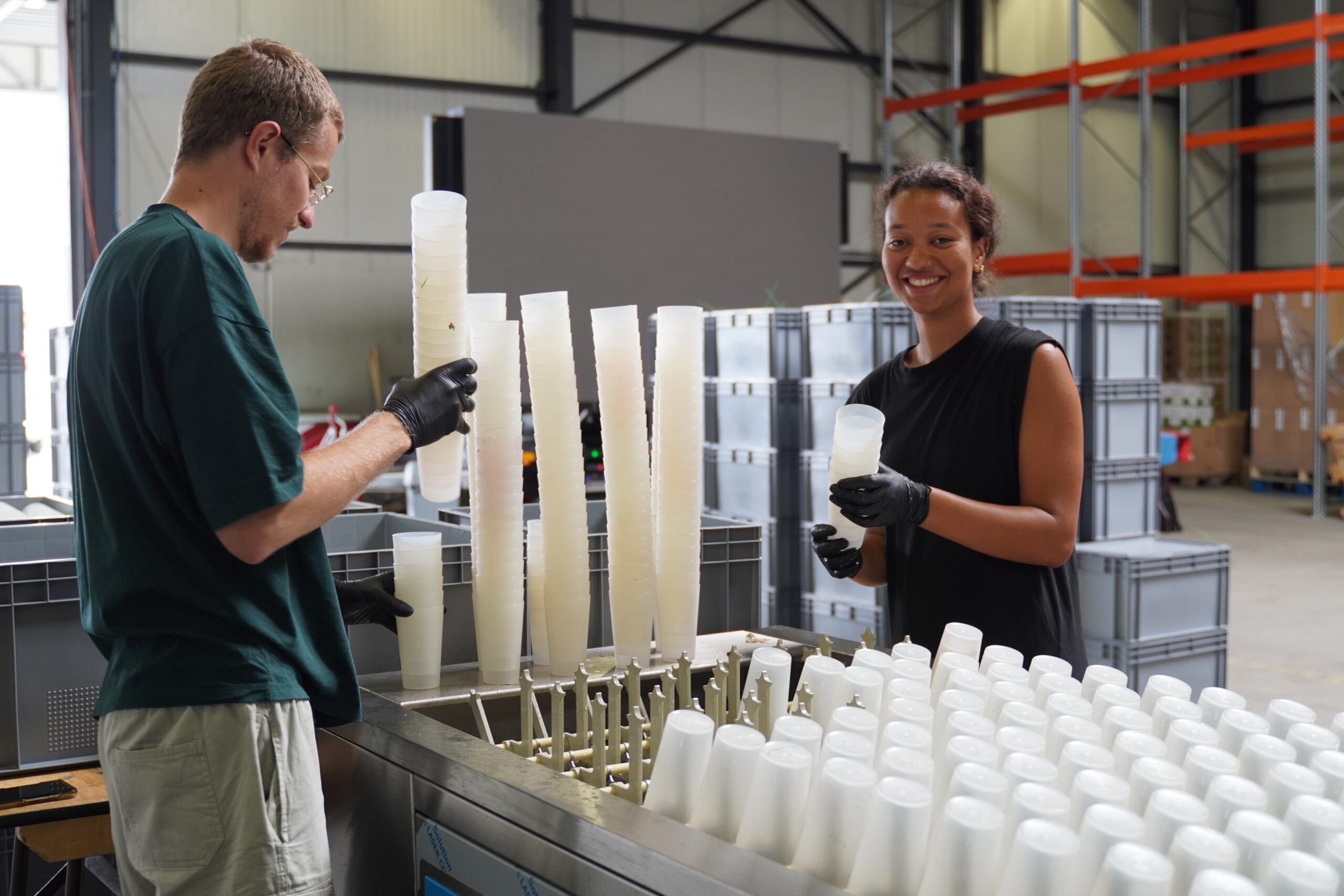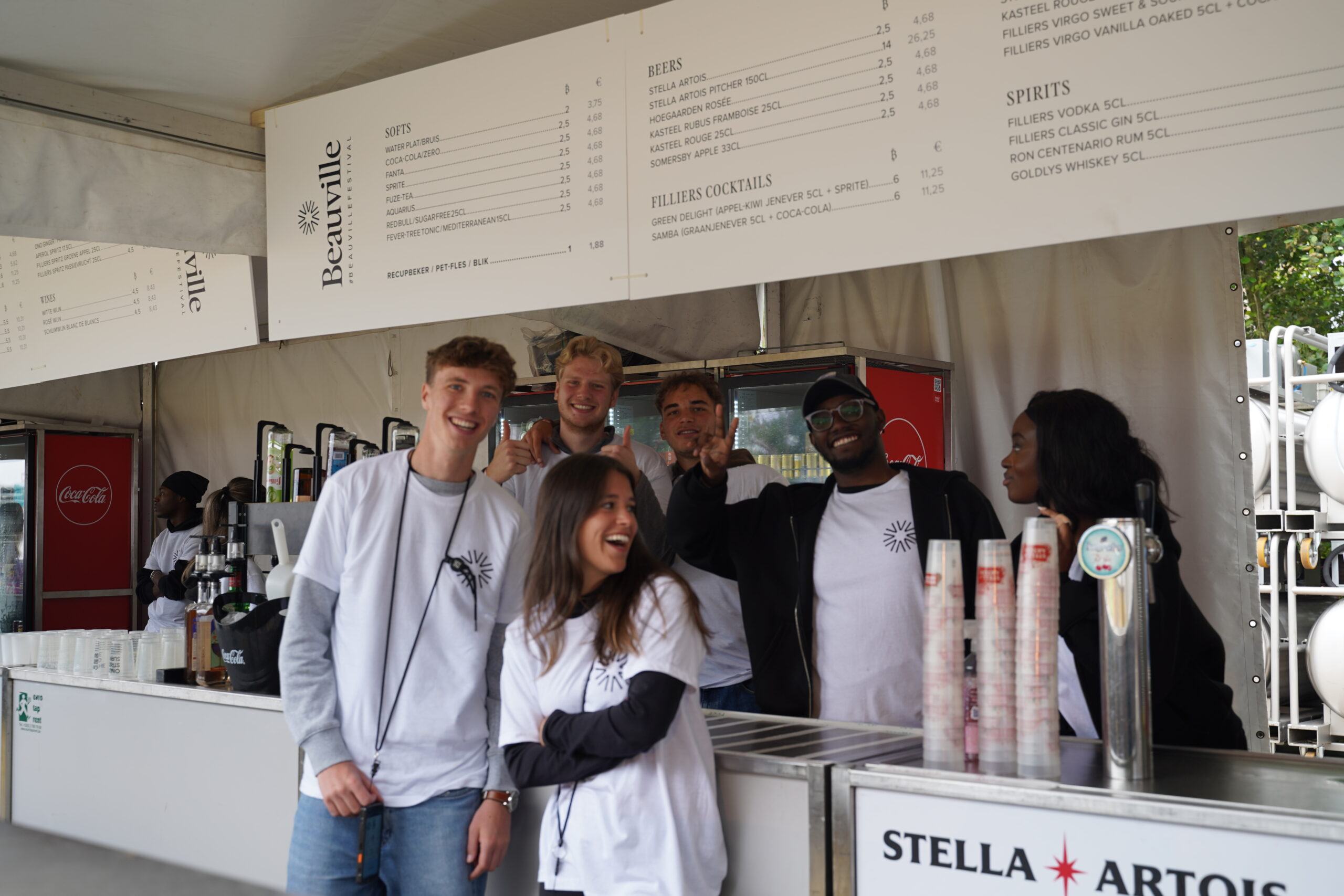(and how to keep them motivated)
Students are not just filling space. They are smart, flexible, quick learners, but also sensitive to atmosphere, communication and respect. And yet, they often hear comments in the workplace that can instantly destroy their motivation.
Often, these are not deliberate digs, but small phrases that are ingrained in the work culture. By recognising and replacing them, you can make a world of difference in how students view their job and your company.
Here are 5 phrases you should avoid, and what you can say instead.


Why this doesn’t work: everything is new to a job student. New people, new tasks, new rules. If you don’t give them context or explanation, you increase the likelihood of mistakes, frustration and even dropouts.
Here’s a better approach:
“Try it yourself first, and if you get stuck, I’ll take a look with you.”
→ You give them room for independence, but with the security of a safety net.

Why this doesn’t work: students often have classes, appointments or need to get home by public transport. Staying longer than expected feels like pressure and can even cause practical problems.
Here’s a better approach:
“We might run a little late, is that a problem for you? Then I’ll take that into account.”
→ You show respect for their time and plan more realistically.

Why this doesn’t work: a statement like this minimises their contribution. It makes students feel less valued and less inclined to do their best.
Here’s a better approach:
“Even if it’s only for today, your help really makes a difference.”
→ You acknowledge their value, regardless of the duration of the collaboration.

Why this doesn’t work: unexpected transport obligations, especially in the evening or at night, can cause stress and frustration. Students often don’t feel like driving far off their route, especially without consultation.
Here’s a better approach:
“Let’s see who can drive there most conveniently. Where are you coming from?”
→ You involve them in the decision and avoid unpleasant surprises.

Why this doesn’t work: this delays growth and development, and means that students only gain value if they commit to the long term. That’s not motivating for one-off assignments.
Here’s a better approach:
“I’ll show you how it works now, which will help you this time and next time.”
→ You provide immediate added value and show that investing in their development also pays off in the short term.

💡Why this matters
A good first work experience sticks with you. It not only determines how students experience their job today, but also how they view work, colleagues and employers in the future.
With small adjustments in your language use, you can build trust more quickly, increase their motivation and achieve better results.
At Deltaworx, we work with hundreds of students every day. We see first-hand how the right communication makes a difference, both for them and for the companies they work for.

Do you want job students to make a difference in your workplace too?
Let us know what you need help with. Together, we will find the right students and ensure they are well prepared when they start.





